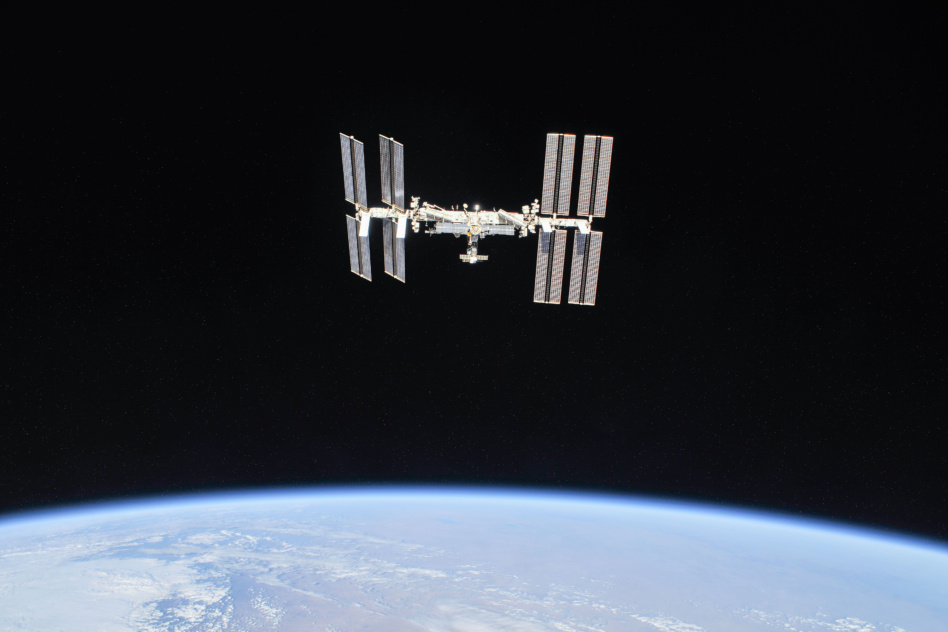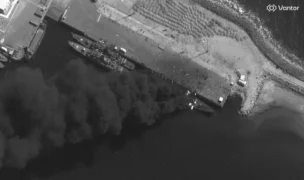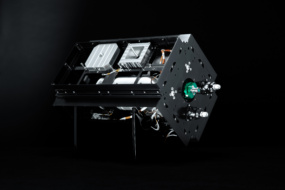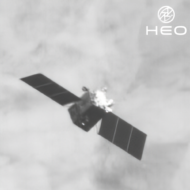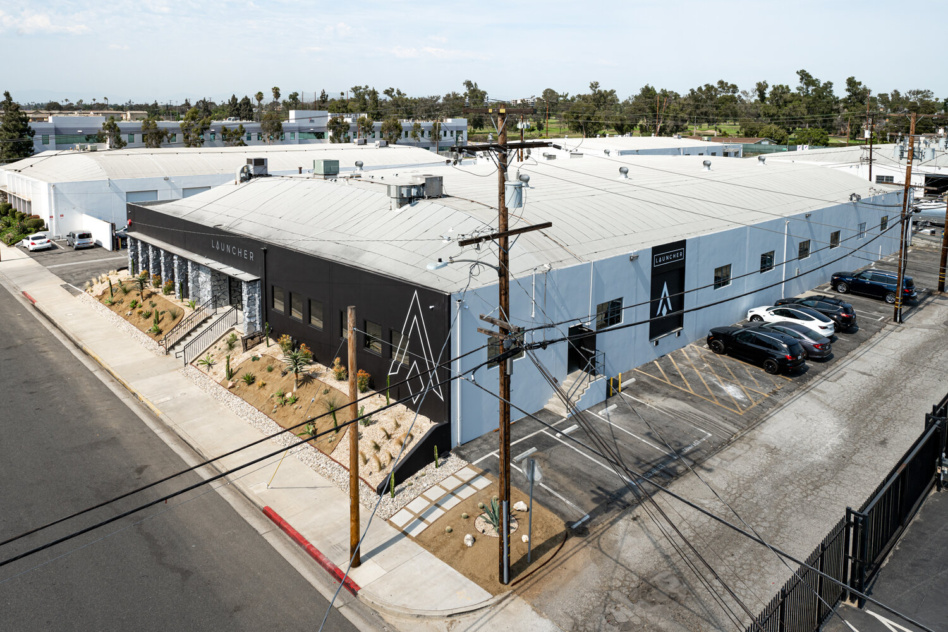The ISS and other US-Russian collaborations in space are hanging in the balance, to say the least, after Russia’s full-scale invasion of Ukraine. Yesterday, President Biden announced sweeping sanctions on Russia, in part intended to “degrade their aerospace industry, including their space program.”
State of affairs: The US and Russia have a long history of collaboration in space.
There have been American astronauts and Russian cosmonauts constantly aboard the ISS since 2000, and NASA currently plans to keep the station operational until 2030. In the gap between the Space Shuttle and SpaceX beginning to launch crewed flights to the ISS, Soyuz was NASA’s only ticket to the station. And European companies frequently purchase Soyuz flights—including a flight planned for early April, when two ESA Galileo satellites are currently slated to launch from French Guiana, a NATO region, aboard a Soyuz.
That already-fraught relationship is about to get a whole lot more complex. The US package of sanctions aims to “cut off more than half of Russia’s high-tech imports,” including US- and EU-origin technology that Russians use to build spacecraft.
Russia’s response: Dmitry Rogozin, Director General of Roscosmos and key Putin ally, tweeted an intensely critical thread after Biden’s speech announcing the sanctions. Here’s the takeaways, with quotes translated by Rob Mitchell for Eric Berger and Ars:
- The US has already imposed sanctions on radiation-resistant microelectronics for use in space. “As you may have noticed we have nonetheless continued to make our own space apparatus. And we will make them by spinning up fabrication of the necessary components and instruments ourselves.”
- Blocking the world from using Soyuz rockets would damage the global space industry. “We know it. It’s not news to us. Here, we are ready to act.”
- The US needs Russia to keep the ISS operational, since the main thrusters that keep the station in a stable orbit and avoid collisions with space debris are attached to the Russian modules.
Rogozin ended with a veiled, if entirely inconceivable, threat: “If you block cooperation with us, who will save the ISS from an unguided de-orbit to impact on the territory of the US or Europe? … The ISS doesn’t fly over Russia, so all the risk is yours.”
Back to the US and EU: Last night, NASA issued a statement on the ISS that confirmed the agency still plans to cooperate with Roscosmos on safely operating the station, and that the sanctions will not interrupt “US-Russia civil space cooperation.”
ESA chief Josef Aschbacher said: “Notwithstanding the current conflict, civil space cooperation remains a bridge.” While the European space agency will continue development work on all planned space programs, “we continue to monitor the evolving situation,” Aschbacher added.
Meanwhile, even with the accelerated balkanization of space supply chains, some key interdependencies remain. Northrop Grumman’s Antares and ULA’s Atlas V rockets require Russian-made RD family engines to fly. Northrop’s Antares also uses a Ukrainian-built first stage. ULA may need to speed up its transition to the Vulcan rocket, which uses BE-4 engines produced in the US by Blue Origin. And that’s no simple switch—Blue Origin is facing its own supply chain issues and development delays.
The Pentagon has plans in place to phase out Russian-made propulsion systems, which have just become a whole lot more urgent. NASA confirmed yesterday that there are no SLS or Orion components that come from Russia or Ukraine. And we’re speculating here, but the situation will likely accelerate efforts to build a US-only space station.
